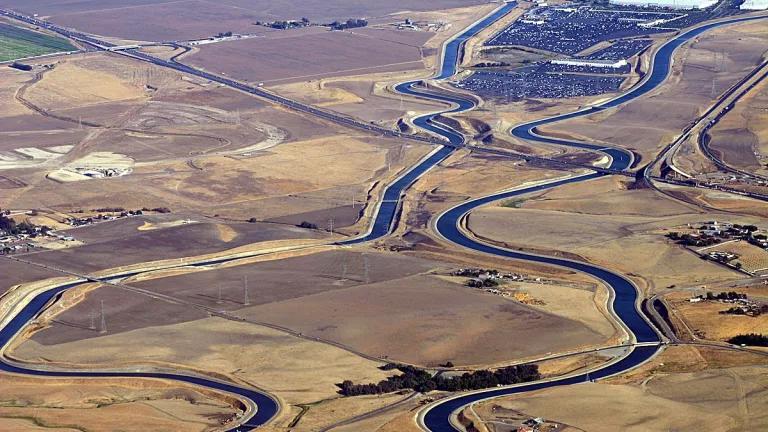There’s good news coming from Washington this week. For the first time ever, the Farm Bill signed by the president today includes a wide range of provisions to curtail wasted food. These run the gamut from planning and measurement to strategies designed to keep food surpluses from occurring in the first place, encourage food donation to people in need, and expand food scrap recycling.
The bill also pairs action at the federal level with support at the state and local levels and innovation by businesses that bring an entrepreneurial lens to food waste action. NRDC and our many allies have advocated for a more aggressive federal stance on food waste for the past several years. As reflected in this Farm Bill, momentum has been building, aided by the bipartisan nature of this issue and its growing embrace on both sides of the aisle.
Key provisions in the new Farm Bill include:
- Funding for at least 10 states to develop and implement municipal compost plans and food waste reduction goals
- Creation of a new “Food Loss and Waste Reduction Liaison” role at USDA to coordinate federal programs aimed at measuring and reducing food loss and waste
- Expanded efforts for states to harvest, process, package and transport donated agricultural commodities, ensuring that these foods reach people in need
- Clarification of liability protections for food donors and provisions enabling some entities to donate food directly to individuals in need (such as restaurants that would like to provide food directly to the homeless)
- Funding for a new milk donation program aimed at encouraging milk producers and processors to donate surplus milk to food recovery organizations
- Establishment of the Local Agricultural Market Program which, among other things, will support the development of new business opportunities to reduce on-farm food losses
In another sign of that momentum, the USDA, EPA and FDA announced in October a first-ever commitment to work across agency lines to reduce wasted food. And given the results of the mid-term elections, we expect a boost to the House Food Waste Caucus, launched last spring under the leadership of Rep. Chellie Pingree (D-ME) and Rep. David Young (R-IA).
The Farm Bill is typically a bruising battle of wills and it was no different this time around. Fortunately, many of the worst provisions that could have decimated bedrock protections for endangered species, clean water and other core issues were banished from the final version of the bill, and the food waste provisions are an important step in the right direction. For a complete run-down on a range of environmental and health issues, please check out this Farm Bill re-cap from my colleagues at NRDC.



